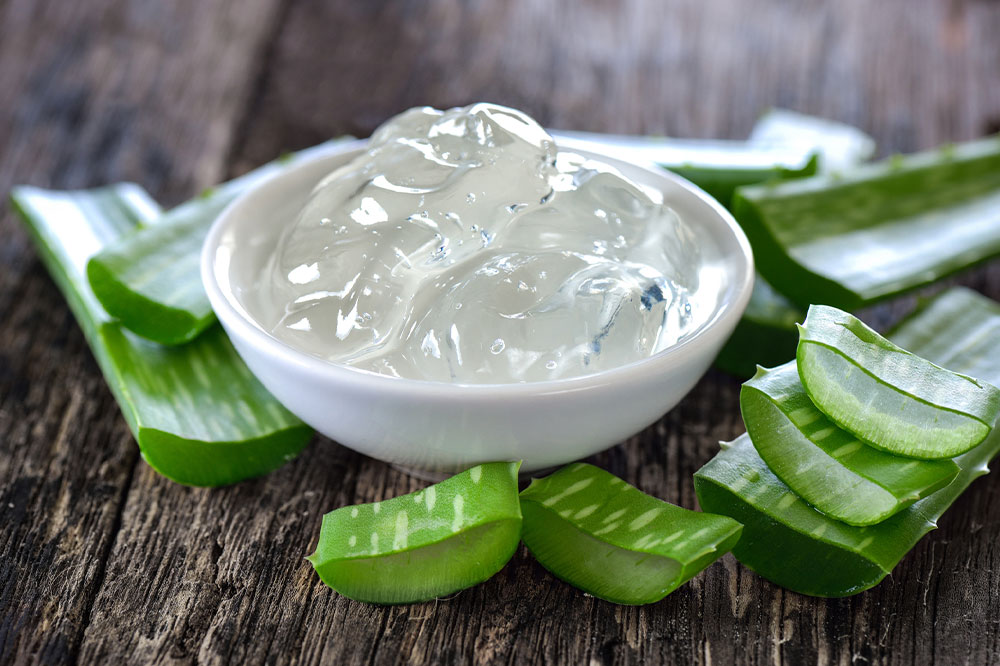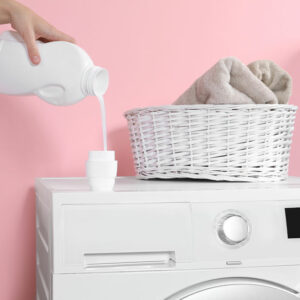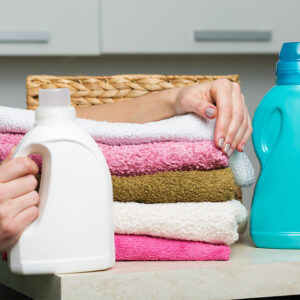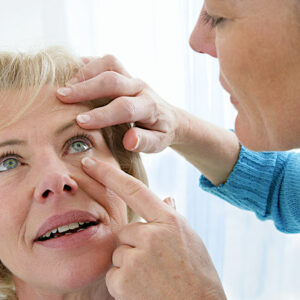Effective Remedies to Manage Dermatitis Itch

Dermatitis is a skin disorder characterized by inflammation and irritation of the skin. It can happen due to genetics, a highly active immune system, allergies, various irritants, and many more factors. It is a skin condition that is normally harmless to the body. It is not contagious, and symptoms usually vary from mild to severe depending on the cause. Anyone, young or old, can catch dermatitis, and several factors enhance the risk of getting the disease.
Signs and symptoms of dermatitis
There are various types of dermatitis, and the symptoms largely depend on the type of disorder. For example, a person might have one type of dermatitis or many. Each dermatitis type shows one or sometimes multiple symptoms. They include itching, red rash, dry skin, blisters filled with fluid, ulcers, and thick, hard, and swollen skin. Most patients with dermatitis will experience itching as the first symptom. Many patients complain of itching as one of the worst things about dermatitis, as it sometimes becomes persistent and does not go away quickly. Dermatitis flares primarily get triggered by an itch–scratch cycle, where the itching causes scratching, which leads to the discharge of inflammatory mediators, resulting in dermatitis and dry skin.
Causes of dermatitis itch
Itching is one of the most complicated symptoms of dermatitis. Several nerve pathways, chemical mechanisms, and other factors, such as faulty skin barrier, cause the itch. However, before knowing about different ways to manage dermatitis itch, it is advised to understand the causes of itch in detail.
Modification of skin barrier
In dermatitis patients, the skin barrier changes compared to normal skin. While in normal skin, this barrier protects the inner skin from various irritants and restricts water loss from the body. But in dermatitis, this barrier alters the gene that regulates the skin barrier structure. For this, the level of the moisturizing agent decreases, and cells cannot keep water and start shrinking. All these cause dry skin and imperfect skin barrier that permits irritants and water loss from the skin.
Dermatitis flares
There is a collaborative network between the immune, skin, and nervous systems. The skin becomes red and swollen with dermatitis flares, resulting in itching. Inflammation, caused by several chemical mediators, leads to enhanced blood flow, causing the itch.
Sweating
Excessive sweating also causes itching and aggravates dermatitis. It is because of the changed sensation in the nerve endings of the sweat gland. Neuropeptides are the chemical mediators that control the sweat gland. People with dermatitis will have more neuropeptides compared to people who do not have the condition.
Environmental factors
Some known triggers of dermatitis itching include soaps, detergents, house cleaning products, perfumes, synthetic clothing, animal dander, household dust mites, temperature change, cement, latex, and grass pollen. Scratching and rubbing the affected area might worsen itching. Excessive scratching might lead to bleeding and increase the risks of infection. Here are a few ways to manage dermatitis itch and soothe the skin
Ways to manage the dermatitis itch
Cool compress
Go for a rapid compress for cooling your skin by dampening any washcloth or gauze using cold water. One can use an ice pack or a pack of frozen vegetables such as peas for deep relief. It will numb the specific area but takes about 10 minutes to work.
Acupressure
Research indicates that putting pressure on specific spots on your arms helps ease dermatitis itch at any place in your body. To achieve it, bend your left-hand side arm and keep your right hand on the outer part of the elbow crook. Now feel for the top part of your forearm muscles. Massage using your fingertip for about 3 minutes by taking some deep breaths.
Bleach bath
Bathing by using dilute bleach helps in decreasing bacteria on your skin and fighting infections. Add about ½ cup of bleaching powder used in your home in water in your bathtub. Soak your affected body part for 10 minutes. However, make sure not to immerse your head in this bleached water. Once completed, rinse and dry yourself and then moisturize. Taking a bleach bath twice or thrice a week will help.
Using a thick moisturizer
Instead of thin body lotions, go for some thick moisturizer as it helps manage itching in dermatitis. While shopping, you can check the label for terms such as “barrier cream” or “skin repair.” Petroleum jelly will also work if you are looking for some budget options.
Oils in your kitchen
Some of the oils in your kitchen help manage dermatitis itch. One such oil is sunflower seed oil, which helps soften the skin and is cheaper. Coconut oil also helps in decreasing inflammation and has a nourishing effect. Get coconut oil products with the term ‘virgin’ written on the label because it means it’s an oil that has been treated without losing its healing abilities.
Humidifier
If the air in your house is hot and dry, it will dehydrate your sensitive skin and worsen itching and peeling. A good home humidifier helps add moisture to the air inside your home. However, it’s necessary to keep the humidifier clean to prohibit the growth of fungi and bacteria.
Use hydrocortisone
Applying hydrocortisone in the affected area will prevent the itching from worsening. However, avoid overdoing it as it involves certain side effects. Seek a health expert’s advice before proceeding with this remedy.
Opt for smooth cotton clothing
You can decrease skin itching by letting go of all kinds of clothing that are rough, scratchy, or made of wool. Always wear cotton clothing in case the weather is hot or during exercise to prevent excessive sweating.
Lower stress and anxiety
Stress and anxiety tend to aggravate dermatitis. Recognizing it and making an attempt to enhance your emotional health helps. For example, try doing meditation or breathing exercises to fight stress.
Clip fingernails
While sleeping, if your fingernails try scratching the itchy regions, then keep your nails trimmed, or use cotton gloves to avoid scratching.
Consult a good dermatologist
A good dermatologist can help you make an effective treatment plan that works best for you. With a dermatitis-friendly skincare regime, itching trigger management, and proper medications, it’s easy to manage itchy skin.
Dermatitis is a skin condition that causes discomfort and usually varies in severity. It arises differently based on various factors like age, skin tone, etc. Even if there is no permanent cure, treating and preventing its most common and irritating symptom – itching can help decrease dermatitis risks.











